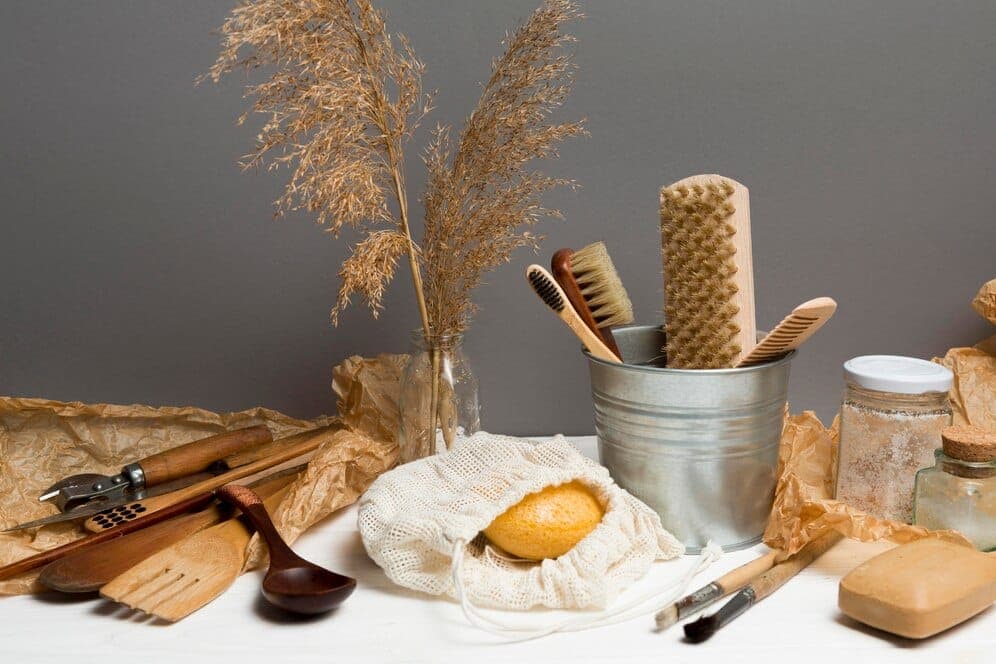Introduction

Home gardening offers a rewarding and sustainable way to connect with nature, cultivate fresh produce, and create a vibrant oasis right in your own backyard. Whether you're a seasoned gardener or a novice with a green thumb, there's something truly magical about watching seeds sprout, plants flourish, and harvests abound. In this guide, we'll explore the joys of home gardening and share practical tips for creating an organic oasis that nourishes both body and soul.
Selecting the Right Plants: From Seed to Harvest
The key to a successful home garden lies in selecting the right plants for your climate, soil type, and growing conditions. Start by choosing plants that are well-suited to your region and that thrive in your local climate. Consider factors such as sunlight, water requirements, and space constraints when selecting plants for your garden. Whether you're growing vegetables, herbs, fruits, or flowers, choose varieties that are disease-resistant, pest-tolerant, and well-adapted to your growing zone for optimal results.
Nurturing Healthy Soil: The Foundation of a Thriving Garden
Healthy soil is the foundation of a thriving garden, providing essential nutrients, moisture, and support for plant growth. Improve soil fertility and structure by incorporating organic matter such as compost, aged manure, or mulch into your garden beds. Test soil pH and amend as needed to create an optimal growing environment for your plants. Practice crop rotation and cover cropping to maintain soil health and minimize nutrient depletion over time. By nurturing healthy soil, you'll create the ideal conditions for robust plant growth and bountiful harvests.
Practicing Sustainable Gardening Techniques: Minimizing Environmental Impact
Sustainable gardening techniques help minimize environmental impact and promote long-term garden health and vitality. Embrace practices such as water conservation, companion planting, and natural pest control to create a balanced ecosystem that supports beneficial insects, pollinators, and wildlife. Collect rainwater for irrigation, mulch garden beds to retain moisture, and use organic fertilizers and amendments to nourish your plants without harming the environment. By adopting sustainable gardening practices, you'll not only conserve natural resources but also create a resilient and biodiverse garden ecosystem.
Embracing Seasonal Rhythms: Working with Nature's Cycles
Embrace the seasonal rhythms of nature and work with nature's cycles to optimize garden productivity and performance. Plan your garden layout and planting schedule to align with seasonal changes in temperature, daylight, and weather patterns. Start seeds indoors or sow directly in the garden according to the recommended planting dates for your region. Harvest crops at peak ripeness and preserve surplus produce through methods such as canning, freezing, or drying to enjoy a bounty of fresh, homegrown produce year-round. By syncing your gardening activities with nature's cycles, you'll maximize garden yields and minimize effort and resources.
FAQs (Frequently Asked Questions):
What are some beginner-friendly plants for home gardening?
Beginner-friendly plants for home gardening include tomatoes, lettuce, herbs like basil and parsley, and flowers such as marigolds and zinnias. These plants are relatively easy to grow, forgiving of beginner mistakes, and provide satisfying results for novice gardeners.
How can I improve soil fertility in my garden?
Improving soil fertility in your garden can be achieved by incorporating organic matter such as compost, aged manure, or leaf mulch into the soil. These amendments enrich the soil with essential nutrients, improve soil structure, and enhance moisture retention, creating an optimal growing environment for plants.
What are some natural pest control methods for home gardens?
Natural pest control methods for home gardens include companion planting, biological controls such as beneficial insects and nematodes, and organic pesticides derived from botanical extracts or microbial sources. These methods help manage pests effectively while minimizing harm to beneficial insects and wildlife.
How can I conserve water in my home garden?
Conserve water in your home garden by using mulch to retain soil moisture, installing drip irrigation or soaker hoses to deliver water directly to plant roots, and collecting rainwater in barrels or cisterns for irrigation. Water plants deeply and infrequently to encourage deep root growth and minimize water waste.
What are the benefits of organic gardening?
Organic gardening offers numerous benefits, including improved soil health, reduced environmental impact, and safer, healthier food. By avoiding synthetic chemicals and pesticides, organic gardening promotes biodiversity, supports pollinators, and preserves natural resources for future generations.
How can I attract pollinators to my garden?
Attract pollinators to your garden by planting a diverse selection of flowering plants that provide nectar and pollen throughout the growing season. Choose native plants that are well-adapted to your region and incorporate a variety of colors, shapes, and bloom times to attract a wide range of pollinators, including bees, butterflies, and hummingbirds.
Conclusion:
Home gardening is a fulfilling and sustainable pursuit that offers a wealth of benefits for gardeners of all ages and experience levels. By selecting the right plants, nurturing healthy soil, practicing sustainable gardening techniques, and embracing nature's cycles, you can create a thriving organic oasis that nourishes both body and soul. Whether you're growing vegetables, herbs, fruits, or flowers, the joy of home gardening lies in connecting with the earth, sowing seeds of abundance, and harvesting the fruits of your labor with gratitude and delight.



